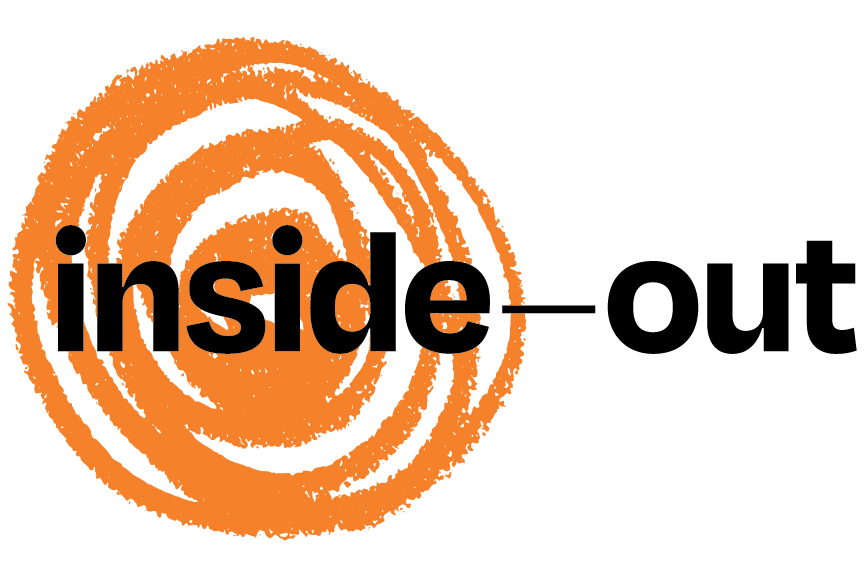Friday Sabbatical
Whatever you’re doing this Friday, I invite you to pause, and take a mini sabbatical. Listen to psychologist James Fadiman's wishes for you, and for us all:
I hope whatever you're doing;
you're stopping now and then;
and;
not doing it at all.
Here are five things that stuck with me this week:
1. An old friend of mine from grad school, Eric Hultgren, had me on his Incredible Hult podcast to talk about meditation, only he didn't tell me I was on a podcast when he called so I rambled on for a while thinking we were just catching up (in hindsight I should have known, but must have been distracted). I finally figured it out when he mentioned a takeaway for his listeners, and I started laughing. Anyway, the edited version hides this fact well, for which I credit Eric, but hopefully may make for a good listen anyway (I am a horrible critic of my own appearance, so caveat emptor).
2. I spent a long time this week with this article, an apparently-faithful summary of Michael Pollan's "How to Change Your Mind." The book was recommended to me by multiple people in the same week (apparently the topic of meditation segues nicely into clinical psychedelic research), so I had to pick it up. My "to read" stack is ridiculously high, and nonfiction is usually good summarized so after reading the intro I finished the rest of the book via this article. For someone who grew up in the 90s, when psychedelics were evil and Tim Leary was the quintessential loser who'd thrown his life away to get high, this book is pretty eye opening. It is a history and status of psychedelic research in the states, punctuated by personal experiences recapped by Pollen himself. TL;DR: Psychedelics are actually very useful, and have a history of solving issues like depression and addiction at rates higher than anything else we've discovered. Politics shelved them, rather than efficacy, and they'll finally be re-available soon.
3. As a resident of a tier 3 (or so) city, I'm excited at at least one of the possible dynamics of the COVID crisis: people fleeing the major cities for tier 2 and tier 3 cities, as Fred Wilson explains. With minimal reason to go into the office, people have less reason to live by where they work, making the whole country their oyster. You can work for a SV startup, and live in Idaho or Montana or Michigan. The implications of this on property value, multiculturalism in GR (remember we're the 13th best place to live), and the electoral college are encouraging.
4. So we're opening up soon, following Georgia and others. From casual cul de sac conversation it sounds like this is being interpreted to mean that we're getting slightly safer. Maybe that's right, but math (and this guy) keeps telling me that less restrictions = more people infected = higher chance I'll get infected = less safe. So while everything may open up, I'm curious to see what that means to the actual populace. Will people let the dogs out, or did people pay attention in the first day of algebra?
5. I just bought this card game. I like game night more than most, and though it's been a while I am fully prepared to do a zoom version (if I can talk Laura into it). If you like Cards Against Humanity, this looks better (caveat: I have not yet played, but if you look you'll know what I mean).
As always, please let me know what you think in the comments, or if you stumble upon something excellent I should be aware of let me know that as well.
